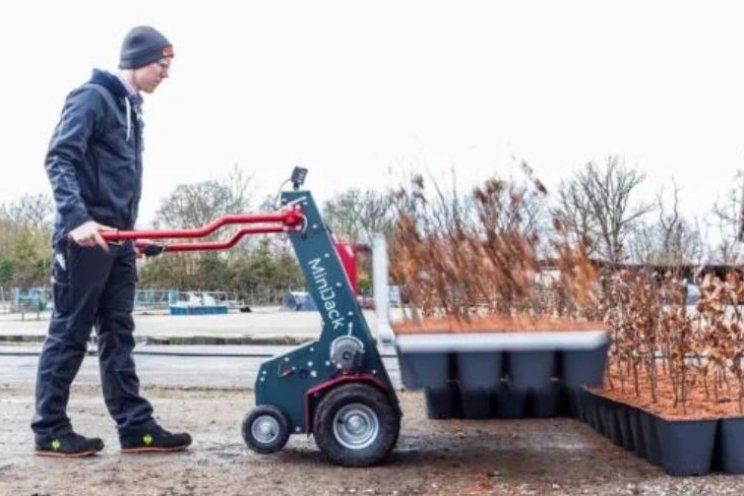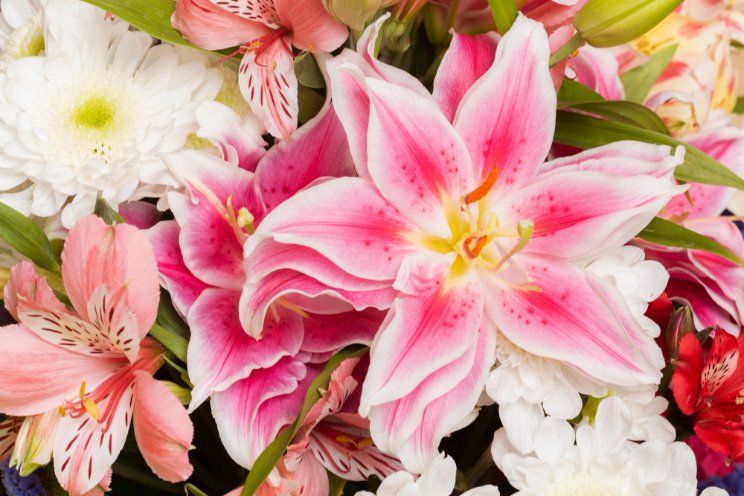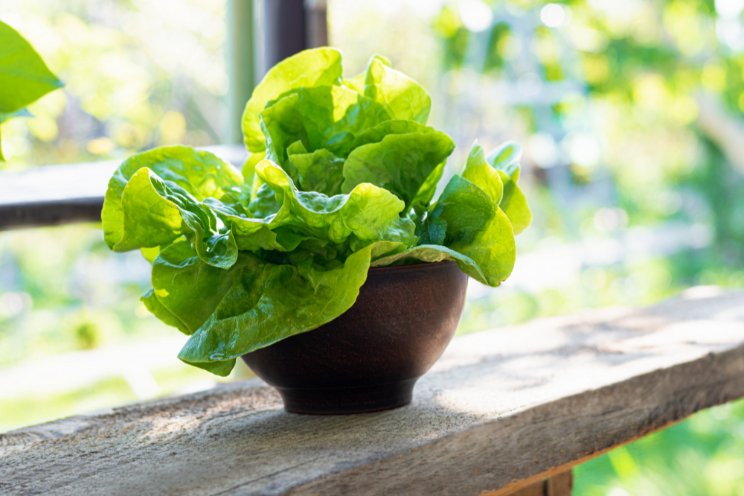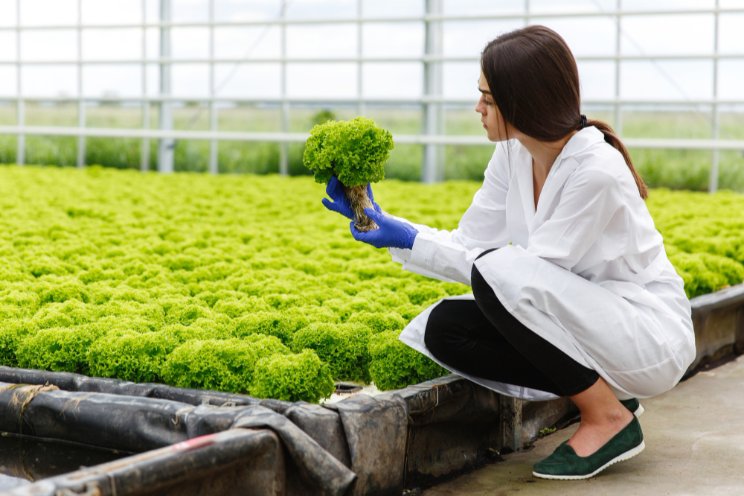Creating a sustainable future for cannabis with data science
Added on 04 April 2022
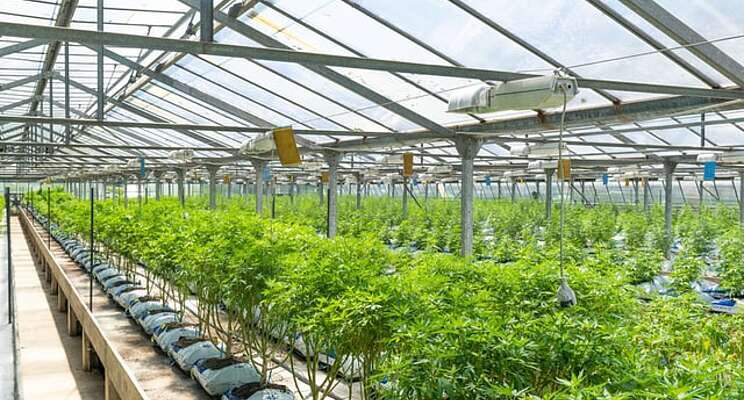
Regulatory hurdles, research restrictions, and limited banking options have plagued the cannabis space for years, and although forward progression is happening relatively quickly, a new concern has recently become the central topic of discussion for many in the industry — sustainability.
As states continue to loosen their regulatory grip and allow cannabis trade, environmentalists, farmers, and researchers have brought to light the concern of commercial cannabis' impact on the environment.
For example, the city of Denver, CO, reported that almost 4% of the city's total electricity usage in 2018 was dedicated to cannabis production. A study from Colorado State University, published in the journal Nature Sustainability, estimated indoor cannabis growing operations now account for 1.3% of the state's total greenhouse gas emissions. That same study also cited that one serving of THC has a much higher greenhouse gas footprint than one serving of beer, wine, or cigarettes.
"Indoor cannabis cultivation requires a jaw-dropping amount of energy. It's an antiquated remnant from prohibition that is neither financially nor environmentally sustainable," says Amy Zents, Director of Cultivation for Progressive Plant Research (PPR), an Oregon-based cultivation and research and development (R&D) company that focuses on cannabis breeding with the goal of improving crop quality, uniformity, and disease resistance.
PPR, alongside its dedicated breeding partner Phylos, operates in an 80,000+ square-foot greenhouse cultivation facility where they work to identify the precise climates needed to maximize cannabis plant health as well as tune environmental control systems and adjust infrastructure to optimize efficiency.
Working Toward a More Sustainable Future
This type of data collection and measurement is a critical first step in identifying and implementing energy-efficient practices that will reduce greenhouse gas emissions associated with power generation and in turn optimize energy efficiency. By identifying sources of energy that do not contribute directly to plant growth, Phylos and PPR are hoping to improve sustainability in ways that can be adopted across the industry.
"Through the use of energy-efficient equipment, integrated controls, and system automation, along with strategic energy management and data analysis, we have reduced our total energy use by over 50%. Greenhouse cannabis grow facilities and Controlled Environment Agriculture (CEA) practices utilizing these technologies are key components of building a more sustainable and energy-efficient model for cannabis cultivation," says Shawn Cogan, Facilities Director for PPR.
Continue reading.
Photo by CRYSTALWEED cannabis on Unsplash
Source: Greenhouse Grower
More news



